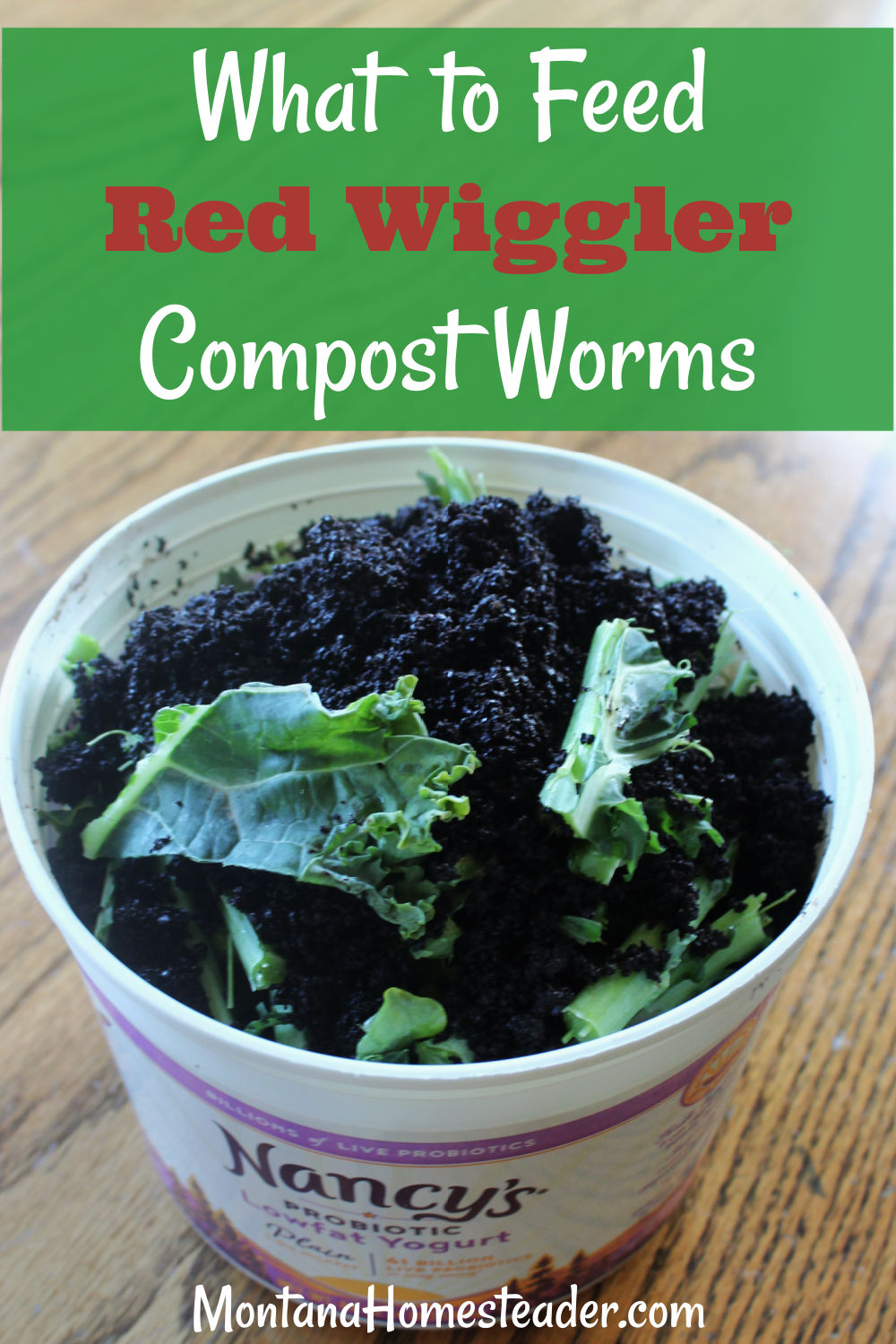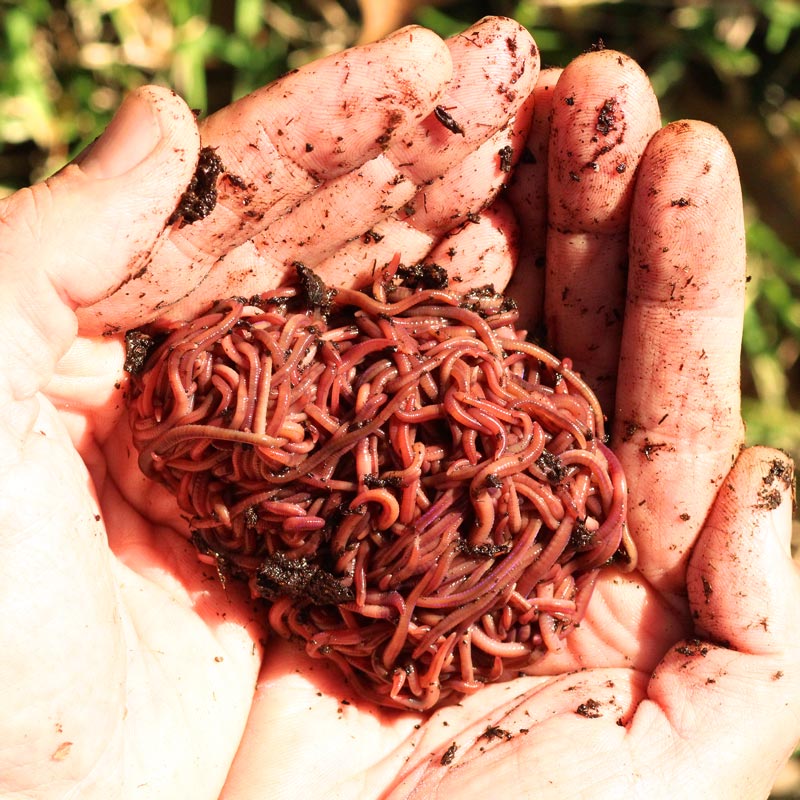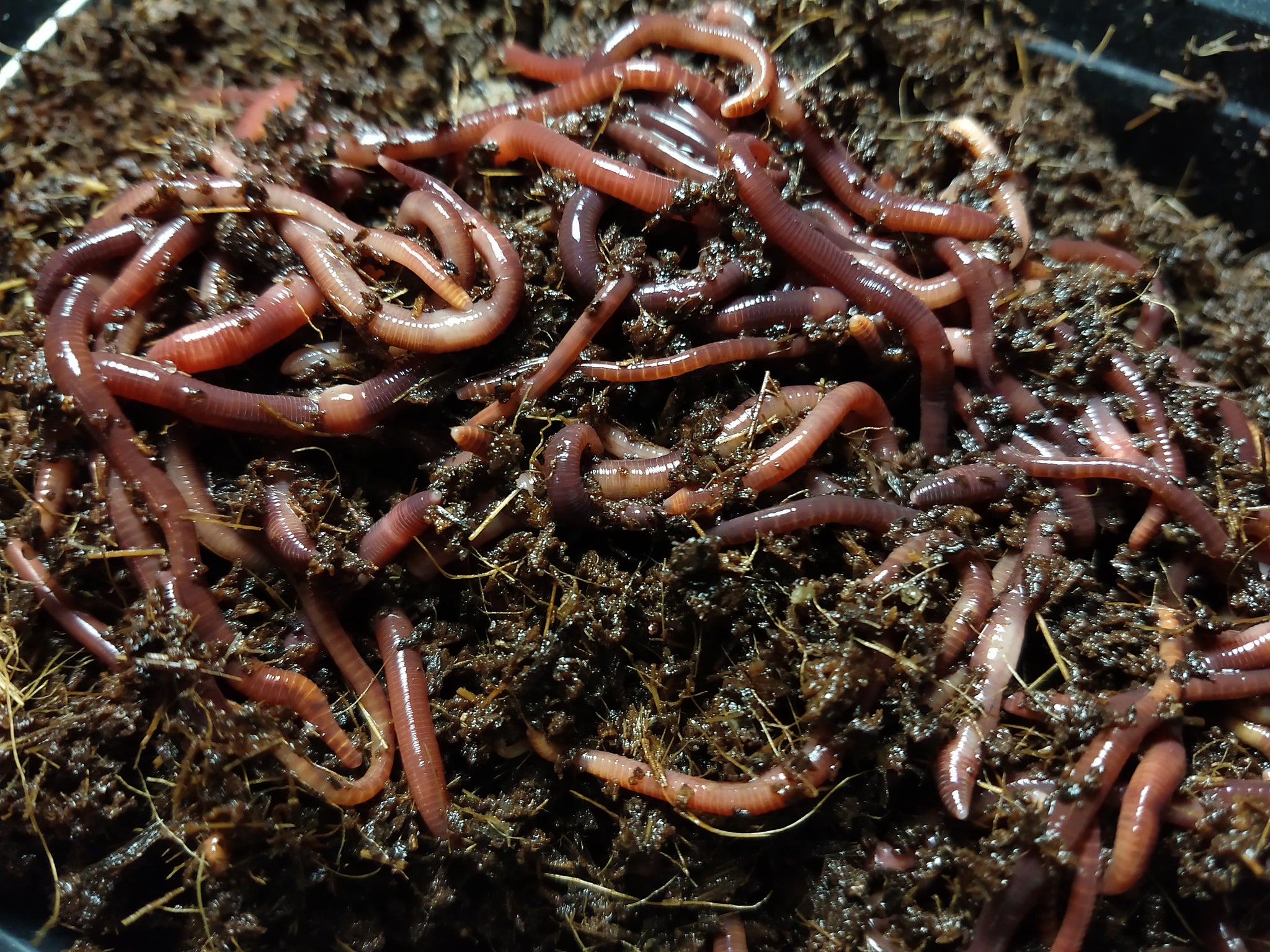Transform Your Lawn with the Expertise of Red Wiggler Express Lawn Care Professionals
Transform Your Lawn with the Expertise of Red Wiggler Express Lawn Care Professionals
Blog Article
How Red Wigglers Can Change Your Composting Experience
The combination of red wigglers right into composting practices offers a transformative technique to throw away administration and soil enrichment. Recognizing the specific requirements and advantages associated with maintaining a thriving worm population is important for maximizing their potential.
Advantages of Red Wigglers
Red wigglers, medically referred to as Eisenia fetida, are a cornerstone of effective composting systems due to their exceptional capacity to decompose organic matter successfully. These worms excel in changing kitchen scraps, backyard waste, and various other natural materials into nutrient-rich compost, frequently described as worm spreadings. Lake Hickory Bait. This process not just reduces landfill waste but also adds to sustainable gardening practices
Among the key advantages of red wigglers is their high recreation rate, enabling them to populate a composting atmosphere quickly. This quick multiplication enhances decomposition prices, causing faster compost production. Additionally, red wigglers prosper in a diverse series of conditions, making them adaptable to different composting configurations.

Setting Up Your Worm Container
(Lake Rhodhiss Bait)To create a reliable worm container for composting, mindful interest must be provided to its style and environment. An ideal worm container need to be created of materials that are long lasting yet allow for required air movement, such as plastic or wood. The dimension of the container can differ, yet a volume of roughly 1 square foot per pound of worms is a good starting factor.
Guarantee that the bin has drain holes to avoid water accumulation, which can result in anaerobic conditions detrimental to the worms. Furthermore, integrating ventilation openings will aid preserve appropriate humidity degrees and oxygen flow.
Following, it is necessary to provide bedding for the worms, which can include shredded paper, cardboard, or coconut coir. This bed linens not just provides an environment for the worms yet likewise aids in dampness retention.
Position the worm bin in a location that keeps a temperature series of 55-77 ° F(13-25 ° C) to optimize worm task. Prevent positioning the bin in straight sunlight or extreme temperature levels. By adhering to these guidelines, you can create a favorable environment for red wigglers, enhancing the effectiveness of your composting process.
What to Feed Your Worms

(Red Wiggler Express)Red wigglers specifically enjoy soft, damp foods like watermelon skins, cucumber peels, and banana peels. It is critical to avoid feeding them citrus fruits, onions, and garlic, as these can be harmful to their well-being. Additionally, cooked foods, milk items, and meat should be strictly prevented, as they can lead to smells and draw in pests.
Providing a you can look here consistent feeding timetable will assist keep your worm populace flourishing while enhancing the overall effectiveness of your composting initiatives. By recognizing what to feed your worms, you lay the groundwork for a successful and sustainable composting experience.
Preserving a Healthy And Balanced Habitat
Creating a thriving composting environment for red wigglers requires focus to their environment, as it directly influences their wellness and efficiency. The excellent habitat needs to preserve a balanced dampness level, generally in between 60-70%. Extreme wetness can result in anaerobic conditions, while inadequate moisture might dehydrate the worms.

The bed linen material in the compost ought to be diverse and shredded, incorporating materials like cardboard, paper, and coconut coir. This not only offers a comfy atmosphere but additionally serves as a food resource. Lake Hickory Bait. On a regular basis checking for odors or indications of parasites can assist recognize prospective issues before they rise
Finally, maintaining a well balanced pH degree, ideally between 6 and 7, guarantees a favorable habitat for red wigglers, promoting their ability to procedure natural issue successfully. By dealing with these variables, you can produce a lasting and productive composting ecological community.
Harvesting and Utilizing Compost
Harvesting compost from a worm container is a gratifying procedure that transforms organic waste into nutrient-rich material for yards and plants. When the composting cycle is total, generally after 8-12 weeks, it's time to accumulate the vermicompost. The first step includes separating the red wigglers from the ended up garden compost. This can be done making use of approaches such as the "light" technique, where worms are attracted to light and can be scooped away from the top layers, or by moving the garden compost to one side of the bin and adding fresh bed linen to the various other side, encouraging the worms to migrate.
As soon as the worms are eliminated, the staying garden compost can be looked to remove any type of larger fragments or undecomposed material. This rich garden compost can be used straight to yard beds, combined right into potting soil, or made use of as a leading clothing for potted plants.
Conclusion
Incorporating red wigglers into composting practices considerably improves the decomposition procedure and contributes to the manufacturing of nutrient-rich vermicompost. Their flexibility to various atmospheres and high recreation prices make certain a lasting populace, which successfully damages down raw material. The resulting worm spreadings enhance soil framework, fertility, and microbial task, ultimately promoting much healthier plant growth. Therefore, the combination of red wigglers right into composting not only optimizes waste administration however additionally enriches garden ecological communities.
Report this page